If you're looking to start a landscaping business or are already in the industry, landscaping licenses are required.
Landscaper licenses are essential for anyone in the industry, as they ensure that you comply with state and local regulations and provide quality services to your clients.
Understanding the significance of landscaper licenses is crucial for anyone who wants to operate a landscaping business. Most states require landscaper licenses, and they are designed to ensure that landscapers are operating in compliance with state and local regulations.
In this article, we'll explore the different types of landscaper licenses, the importance of licenses, and what you need to do to ensure you obtain the proper licenses for your business.
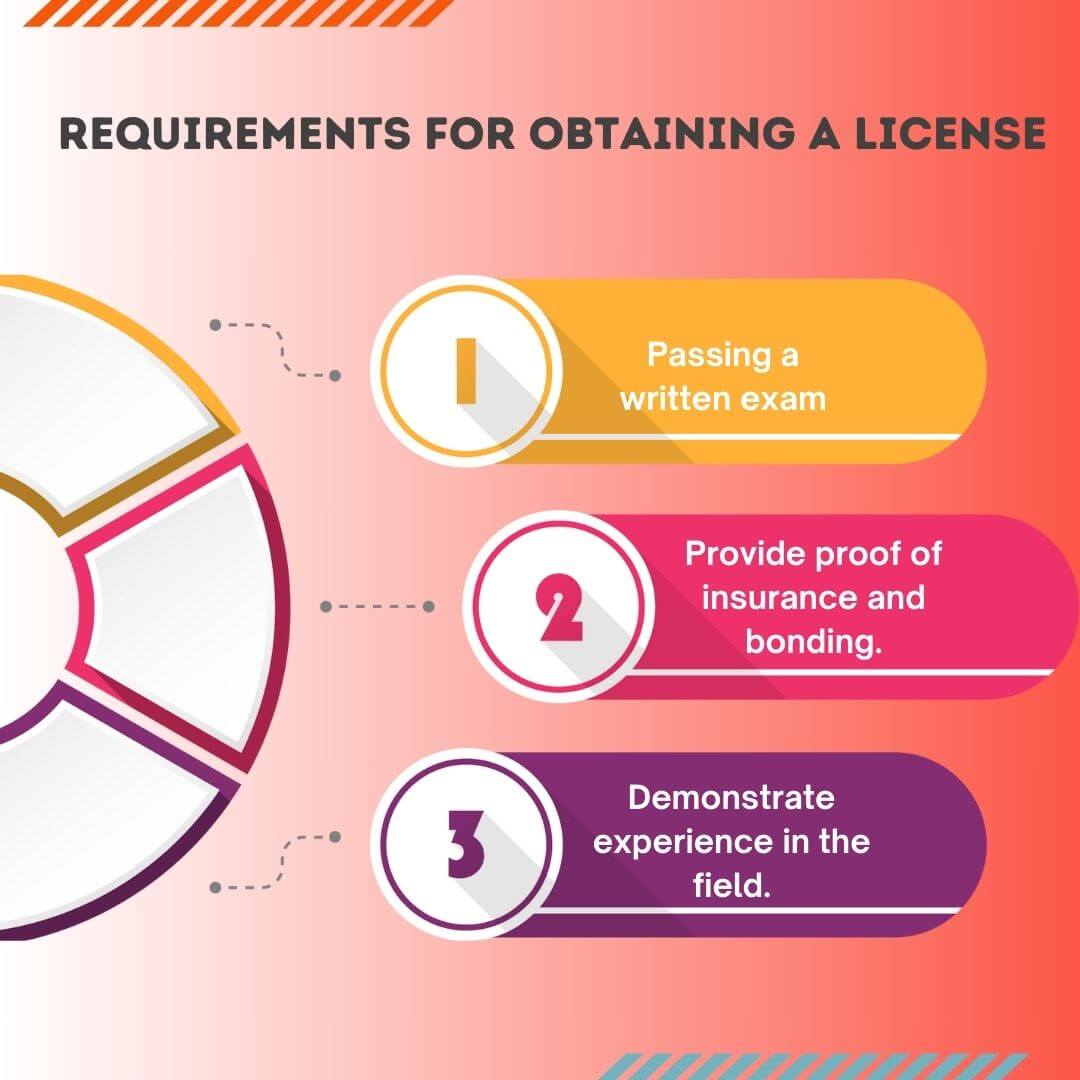
What are landscaper licenses?
A landscaper license is a permit that allows individuals or businesses to offer landscaping services to the public. It is a legal requirement in most states to have a landscaper license to operate a landscaping business.
This license aims to ensure that the landscaper has the necessary skills and knowledge to provide safe and quality services to clients.
Landscaper licenses are issued by state licensing boards, which set the standards for education, training, and experience required to obtain a license.
The requirements for obtaining a license vary by state, but typically include:
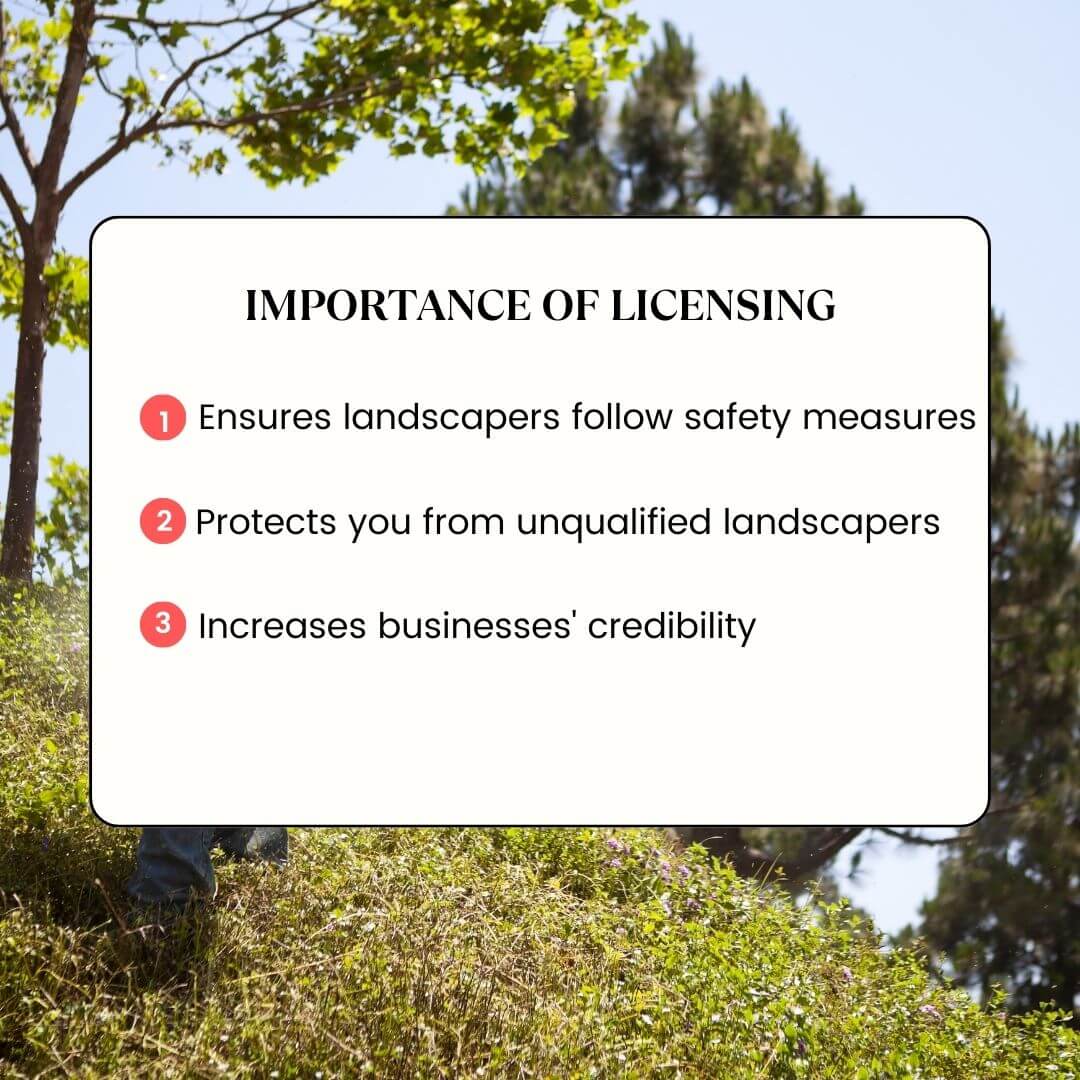
Here are some reasons describing the significance of landscaper licenses:
Therefore, landscaper licenses are an essential part of the landscaping industry.
They help to ensure that landscapers are qualified and knowledgeable, protect clients from unscrupulous or unqualified landscapers, and increase the credibility and reputation of landscaping businesses.
If you are planning to start a business, it is important to understand the various types of landscaping licenses and categories available.
This will help you determine which licenses you need to operate legally in your state.
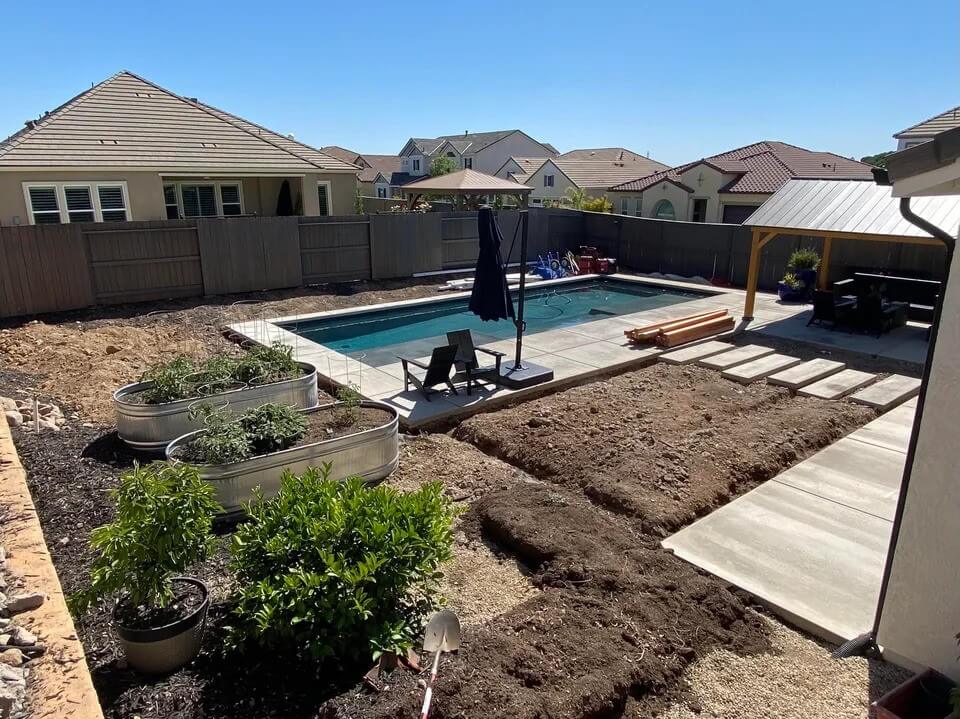

Landscape design licenses are required for individuals who provide design services for landscaping projects.
These licenses are necessary to ensure that the individual has the necessary skills and knowledge to design safe, functional, and aesthetically pleasing landscapes.
To obtain a landscape design license, you may need to:
Maintenance licenses are required for individuals who provide maintenance services for landscaping projects.
These licenses are necessary to ensure that the individual has the necessary skills and knowledge to maintain safe, healthy, and attractive landscapes.
To obtain a maintenance license, you may need to complete a training program, pass an exam, and meet other requirements set by your state.
Some states may also require you to have a certain amount of work experience before you can apply for a maintenance license.
In addition to landscape design and maintenance licenses, other categories of licenses may be required for landscaping businesses. These categories may include:
Each license category has requirements, including education, training, experience, and exam passing.
It is essential to research the license requirements in your state to ensure that you are operating legally and have the necessary licenses to provide your services.
Therefore, obtaining the correct licenses is essential for the landscaping business. By understanding the different types and categories of licenses available, you can ensure that you have the necessary licenses to provide your services legally and professionally.
Regarding landscaping, ensuring you're getting the best quality work possible is essential.
Hiring a licensed landscaper is one way to ensure that you're getting quality work that meets industry standards.
This section will explore the importance of quality assurance and professionalism in landscaping.

Quality assurance is an essential component of any landscaping project. It ensures the work is done to a high standard and meets all industry requirements.
There is a quality guarantee with licensed landscapers, you can be confident they have the necessary skills and knowledge to provide quality work. Licensed landscapers must meet specific standards, which means you can trust that they will provide quality work.
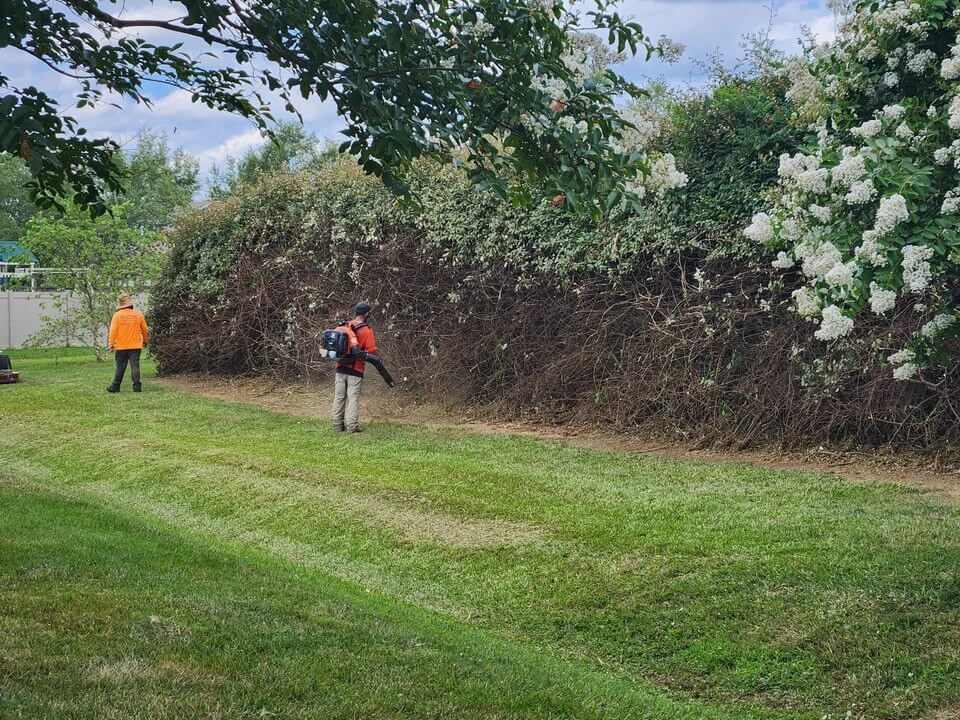
Professionalism is another essential component of any landscaping project. A professional landscaper will take the time to understand your needs and provide you with the best possible service.
They will also respect your property and ensure they leave the site clean and tidy after the work is done.
When you hire a licensed landscaper, you can be confident that you're getting a professional service.
Licensed landscapers have gone through the necessary training and have the necessary experience to provide a professional service.
They will also be insured, which means you're protected in case of any accidents or damage to your property.
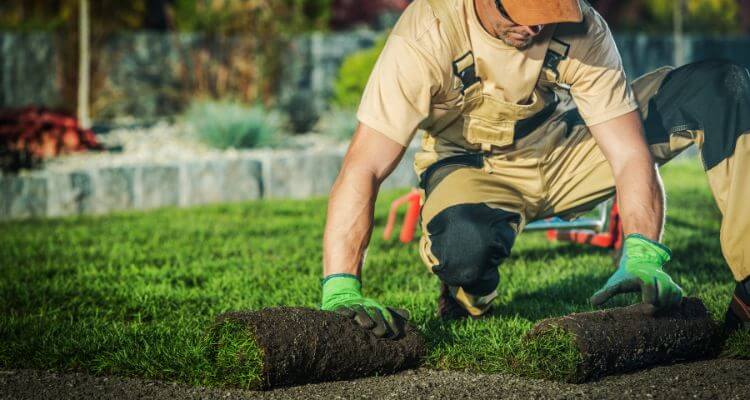
Quality landscaping is essential to the success of any landscaping project. When you hire a licensed landscaper, you can be confident that you're getting quality work.
Licensed landscapers have the necessary skills and knowledge to provide quality landscaping that meets industry standards. They will also use quality materials and equipment to ensure the work is done to a high standard.
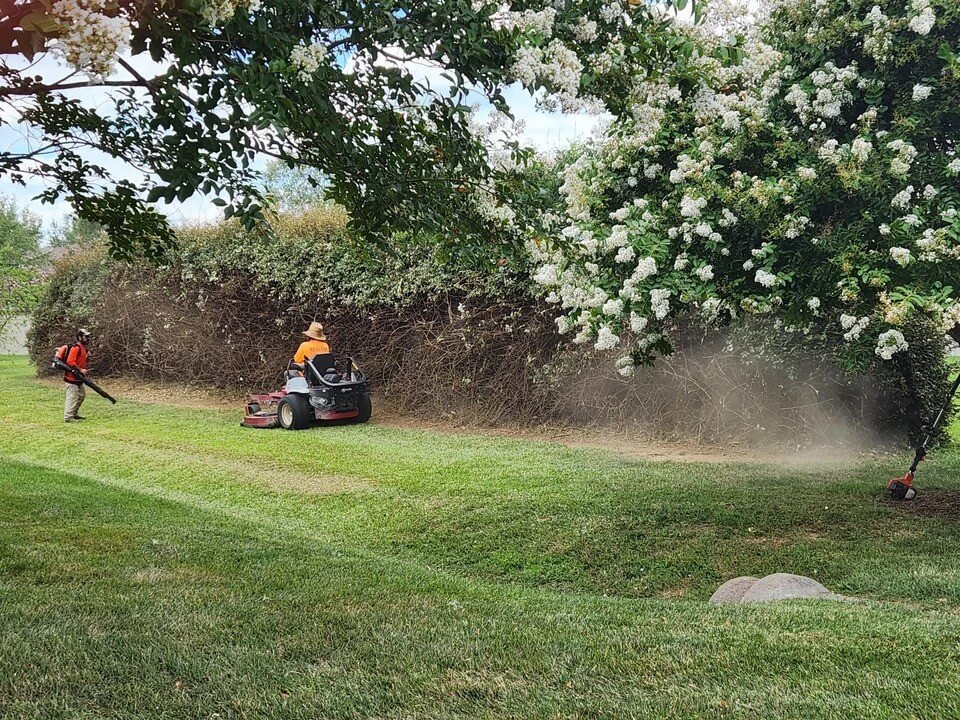
When you hire a licensed landscaper, you can be confident that you're getting a quality guarantee.
Licensed landscapers must meet specific standards, which means you can trust that they will provide quality work. They will also be insured, which means you're protected in case of any accidents or damage to your property.
Therefore, hiring a licensed landscaper is one way to ensure that you're getting quality work that meets industry standards. When you hire a licensed landscaper, you can be confident that you're getting a professional service that respects your property.
To operate a landscaping business, you must comply with various regulatory requirements. These requirements are in place to ensure that you operate your business safely, ethically, and legally.
Each state has its own set of regulations that you must follow. Some states require you to obtain a license to operate a landscaping business, while others do not. You can find out what your state requires by visiting the appropriate state agency's website.
In addition to state regulations, you must also comply with federal regulations. The Environmental Protection Agency (EPA) has regulations to protect the environment and public health.
You must follow these regulations when using pesticides, fertilizers, and other chemicals in your landscaping work.
As a landscaper, you are exposed to various risks that could result in financial losses.
For example, you could accidentally damage a client's property while working on their landscaping project. To protect yourself from these risks, you should obtain insurance coverage.
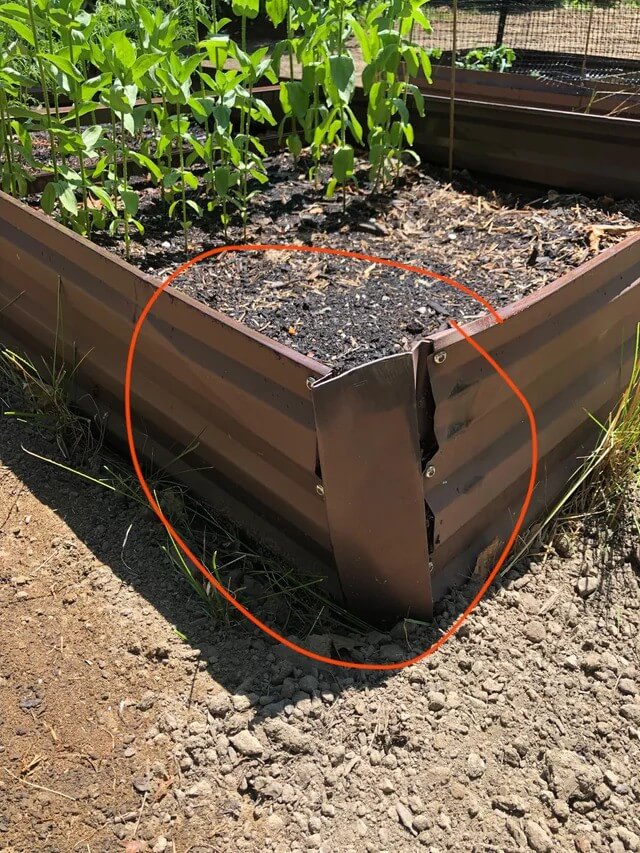
Liability insurance is a type of insurance that covers you in case a client or another party sues you.
This insurance can cover the cost of legal fees, settlements, and judgments. You should obtain liability insurance that is tailored to your specific needs.
For example, if you use heavy machinery in your landscaping work, you may need more coverage than a landscaper using only hand tools.
In addition to liability insurance, you may also need other types of insurance, such as workers' compensation insurance. This insurance covers your employees in case they are injured on the job.
It is important to note that insurance coverage is not a substitute for regulatory compliance. Even with insurance coverage, you must still comply with all applicable regulations.
Failure to comply with regulations could result in fines, legal action, and other penalties.
Compliance and insurance are essential components of a successful landscaping business.
By complying with regulations and obtaining appropriate insurance coverage, you can protect yourself, your clients, and your business from financial losses.
As a homeowner, you want to ensure that the landscaper you hire is licensed and qualified to perform the job. In this section, we will go over the license verification process and local licensing requirements.
Before hiring a landscaper, verifying their license to ensure they are qualified to perform the work is essential.
You can do this by contacting your state's licensing board or visiting their website. Some states even have an online database to search for licensed contractors.
To verify a landscaper's license, you must provide their name and license number. Once you have this information, you can check to see if their license is active and if they have any complaints or disciplinary actions against them.
Verifying a landscaper's license is crucial to protect yourself from fraud and unqualified contractors.
Each state has its licensing requirements for landscapers. Some states require a license for landscaping work, while others only require a license for specific services such as tree trimming or pesticide application.
In Tennessee, for example, landscapers must hold a specialty state license to work. The Landscaping (HRA-E.2) license covers seeding, sodding, planting, and chemical weed and brush control.
No trade exam is required, but you must pass a business and law exam. You must also show proof of insurance [1].
In Hawaii, a landscaper needs a state license as a specialist contractor. You will fall under classification C and require a C-27 Landscaping Contractor license.
A C-27b Tree Trimming and Removal Contractor license is also available. Four years of experience within the last ten years must be verified [2].
Understanding local landscaper licensing requirements is essential to ensure that you are hiring a qualified and licensed contractor. You can contact your state's licensing board or visit their website to learn more about the specific requirements in your area.
In summary, verifying a landscaper's license and understanding local licensing requirements are crucial steps before hiring a landscaper.
By doing so, you can protect yourself from fraud and ensure that you are hiring a qualified and licensed contractor.
Now that you have reviewed the information on landscaper licenses, you should know what it takes to obtain a license to operate as a landscaper.
It is important to note that landscaper licensing requirements vary from state to state, so it is essential to do your research and determine the requirements in your state.
By obtaining a license, you can operate legally, showing your clients you are serious about your business. It also helps you stand out from unlicensed competitors, giving you an edge in the market.
Remember that obtaining a license is just the first step. You must also comply with all the regulations and requirements set out by your state's licensing board to maintain your license.
Making an informed decision about obtaining a license requires careful consideration of the benefits and drawbacks. Some landscapers may choose not to obtain a license due to the cost and time involved, while others may see it as a necessary investment in their business.
In summary, the recap of landscaper licensing information is that if you are serious about operating as a landscaper, obtaining a license is crucial to help you stand out from the competition and operate legally. Be sure to research the requirements in your state and comply with all regulations to maintain your license.